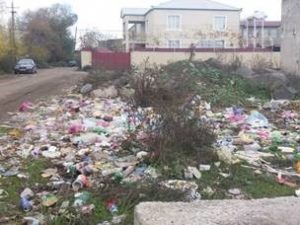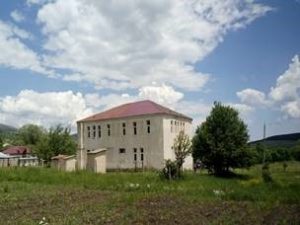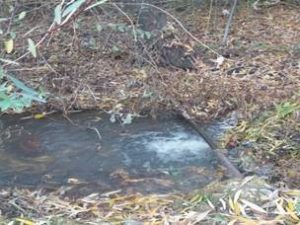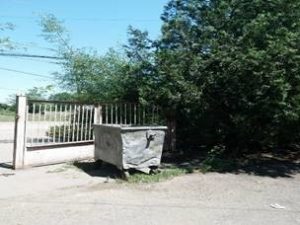CENN takes pride in the success achieved by the EU-funded project, Water for the poor, in Kvemo Kartli and is actively cooperating with the municipalities concerning additional priority water, sanitation and hygiene (WaSH) issues.
The project has been under way in the region since December 2017. In order to identify WaSH problems in the region, a technical evaluation document was prepared for local stakeholders, providing essential recommendations for eradicating these problems. In particular, the document included more than ten target groups and identified the challenges related to water, sanitation and hygiene that occur at schools, kindergartens, medical centers and orphanages in Dmanisi, Tetritskaro, Marneuli and Tsalka. Furthermore, the report reflects the problem of faulty infrastructure, which is a serious obstacle in promoting and implementing WaSH standards.
A field visit, included as a part of the WaSH technical evaluation, revealed that a drinkable water supply system in the kindergarten building in Kizilaghjlo village was obsolete and outdated. The kindergarten administration had to boil water for drinking purposes on a daily basis in order for it to be safe to drink for schoolchildren and staff. In addition, there were no waste bins on the territory of the kindergarten, so the staff had to walk on foot to the central motorway to dispose of waste. There were also several illegal dumpsites in front of the building, thereby creating extremely unhygienic conditions. Furthermore, the infrastructure designed for the use of two Azeri-speaking groups did not comply with WaSH standards.
The project involved the local government, the Water Supply Company of Georgia and mandatary in order to effectively address the WaSH challenges faced by Kizilaghjlo kindergarten and its adjoining area. Thanks to the immediate response of the concerned agencies, Kizilaghjlo kindergarten was supplied with drinkable water by replacing outdated plumbing, waste-bins were installed in the yard and illegal dumpsites were removed from the territory.
Regarding compliance with the standards related to the infrastructure designed for the Azeri-speaking groups, the local municipality has expressed willingness to take action in this regard following the advocacy conducted under the project. The kindergarten building has already been included in the list of infrastructure projects and restoration works will be completed by September by the local municipality.
The school territory in the village Avralno (Tsalka municipality) was cleaned up and waste was removed from the area as a result of close cooperation with the municipality within the project. Currently, a fence is being installed to enclose the school’s territory in order to protect the area from further littering, cattle wandering around, etc.
Lastly, CENN visited a public school in the village of Velispiri in Dmanisi municipality for the WaSH technical evaluation document. The school’s roof had been ripped off due to strong winds and snow fell into classrooms, damaging school equipment and rest rooms. As a result of advocacy at local and national levels, the Ministry of Science and Education of Georgia and local resource centers immediately handled the issue.
The aforementioned initiatives are implemented by CENN within the EU-funded project, Water for the Poor, and “Georgia Community WASH (Water, Sanitation and Hygiene) Initiative,” financed by Global Water Challenge and The Coca-Cola Foundation (TCCF) whose main objective is to improve the living conditions of multi-ethnic communities and protect their health.




